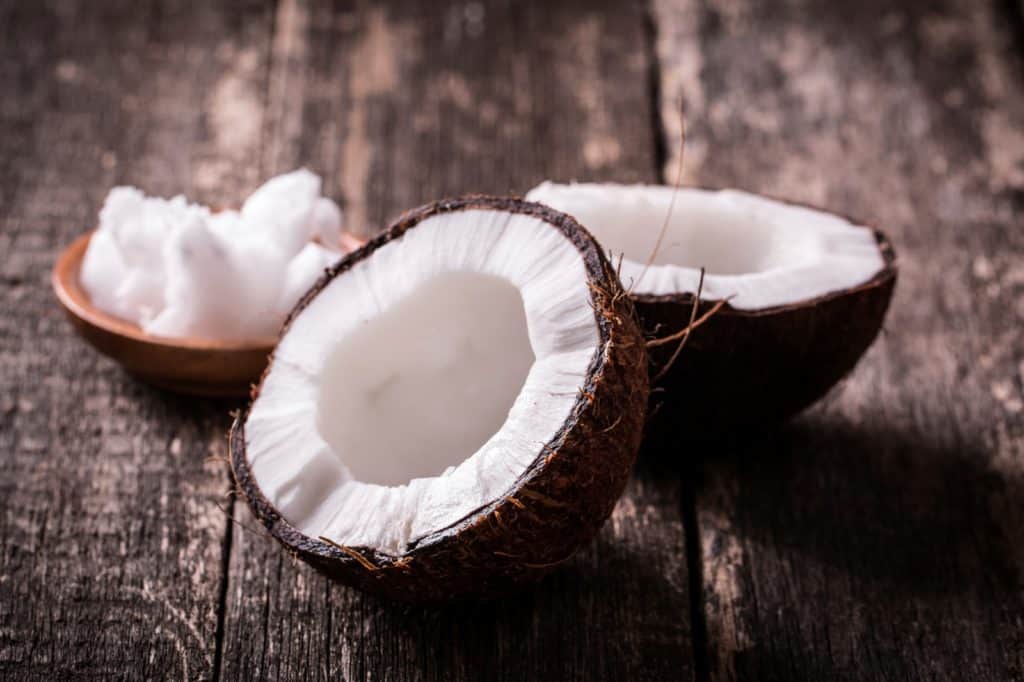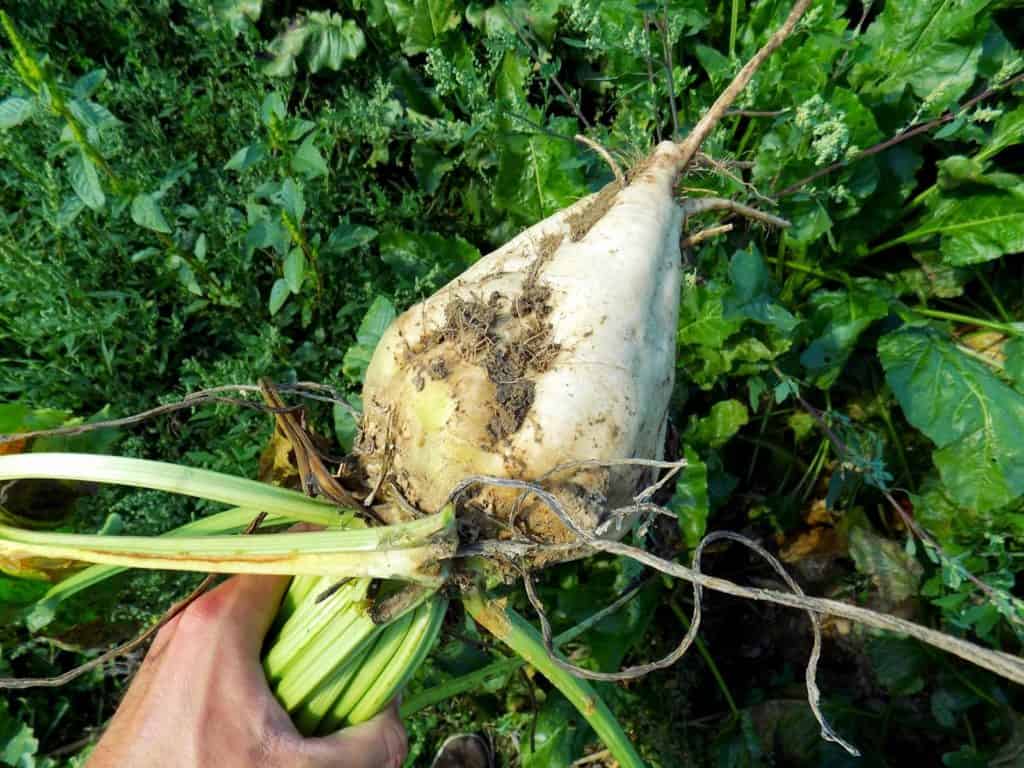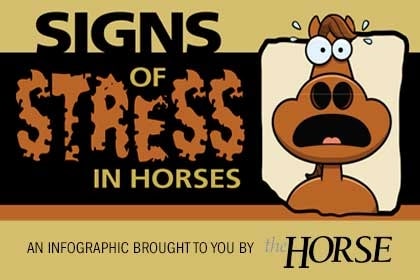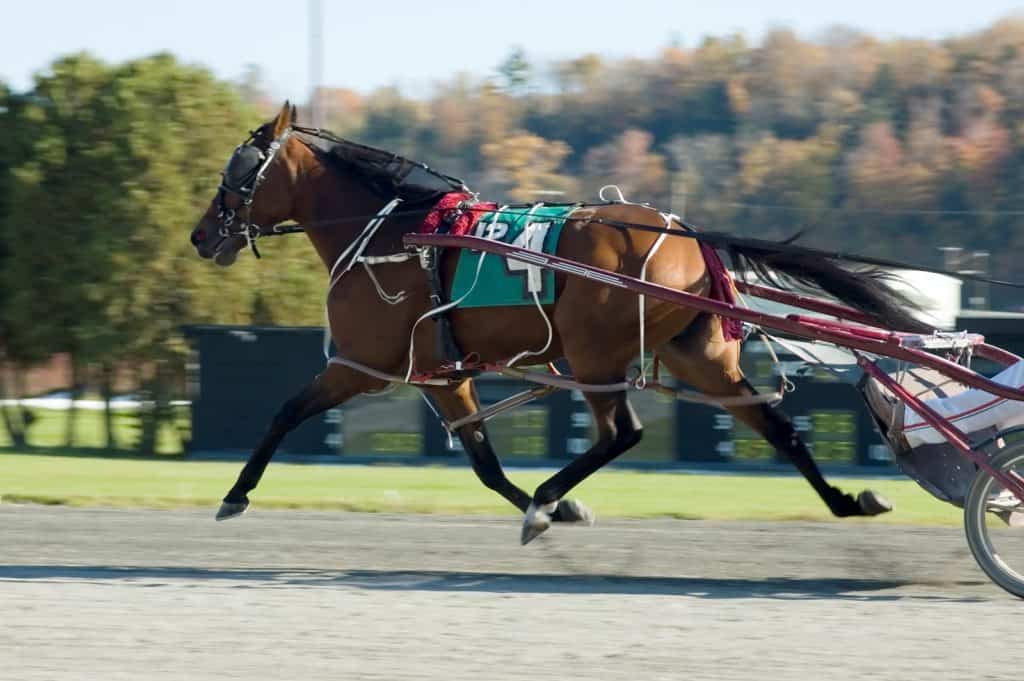
Copra Meal or Rice Bran to Help Horses Gain Weight?
Is rice bran or coconut (copra) meal a better option to help a horse gain weight? Our nutritionist shares her thoughts.
All aspects of caring for performance horses

Is rice bran or coconut (copra) meal a better option to help a horse gain weight? Our nutritionist shares her thoughts.

Fatal injuries in North American flat racing horses has decreased by 23%, but there’s still work to be done.

Vets can use a smartphone-based heart monitor to identify arrhythmias that are difficult to diagnose in the field.

Dr. Elizabeth Santschi recaps research on hock injections, nerve blocks, castration, osteochondral lesions, and more.

Is the sugar content in beet pulp too high for some horses? Read an equine nutritionist’s answer.

Learn about keeping OTTBs healthy and happy as they move into new disciplines. We’ll cover feeding, vet care, handling, and more!

Get tips and information on considerations for choosing and transitioning racehorses for second careers.

More horse organizations are requiring owners to use this identification technology.

Footing is one of the most common factors cited when a horse performs poorly or suffers an injury.

Here’s how veterinarians diagnosed and treated a Warmblood that stopped intermittently when working under saddle.

Find out why a horse might gain weight when switched to a feed marketed as “low-starch.”

Find information on stress in horses, skin conditions, conditioning, metabolic syndrome, serum amyloid A, and more.

Having your saddle fit is paramount to your horse’s comfort and soundness.

The Jockey Club will charge $35 for each mare reported bred by a stallion on the annual Report of Mares Bred form.

Rider biomechanics significantly impact horse biomechanics, affecting performance, musculoskeletal health, and welfare.

Researchers found high degrees of heritability (up to 0.17), especially in male horses and in pacers.
Stay on top of the most recent Horse Health news with
"*" indicates required fields